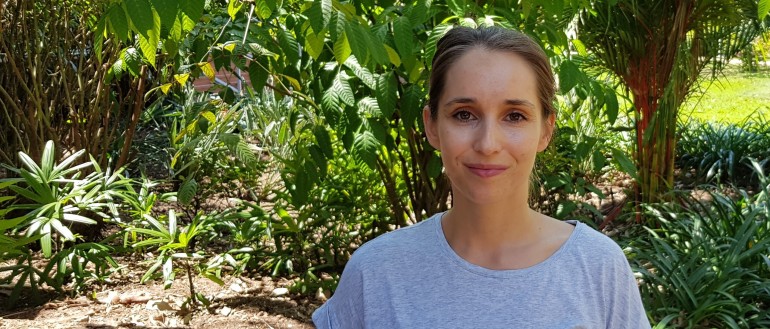A review of drink and drug driver education in the Northern Territory (NT), commissioned by the NT Government and prepared by Menzies School of Health Research, has found that the privatised system of delivery creates and reinforces inequities for people with a low socioeconomic status and those living in remote areas. The project included a systematic review of literature, a desktop review of other programs, quantitative analyses of drink and drug driving convictions data and program completion data, as well as qualitative interviews with program participants, course providers, and government stakeholders.
The NT has the country’s highest road deaths per 100,000 people. In the Territory, a person found guilty of a medium or high range BAC drink or drug driving offence and who has subsequently lost their licence may be required to complete a Drink and Drug Driver Education (DDDE) course in order to reapply for their licence. The NT’s only approved (DDDE) course is the ‘Back on Track’ program, which is owned by the NT Government and licensed to third-party service providers, who deliver the program in a face-to-face format under a privatised, user-pays scheme. Only 38% of people required to do the course, actually did so in 2018-19.
The aim of the project was to identify potential opportunities and improvements to the course and its accessibility. This was done by investigating program components such as: delivery, program coverage, affordability, content and engagement. Quantitative analyses of drink and drug driving conviction data were completed to identify the target population of the course. The team also provided an expert review of the curriculum content including quality and effectiveness of messaging and alignment to contemporary evidence.
Overall, the review found significant scope to improve the current program. The researchers recommended using an evidence-based curriculum with a more therapeutic focus due to limitations in the Back on Track course content. They also recommended engaging first-time offenders in a more comprehensive program to reduce rates of recidivism. The researchers outlined the need for more comprehensive monitoring and evaluation data to be collected and regularly reported so that the government can see what strategies are and are not working to prevent drink and drug driving. Researchers recommended reforming the delivery model so that the government delivers and subsidises the course to increase accessibility, noting the economic benefits of reducing drink and drug driving given that alcohol-related road accidents currently cost the NT economy $58 million per year.
The researchers noted that the quantitative and qualitative data showed that great public health gains could be made by working with Aboriginal and Torres Strait Islander communities to address drink and drug driving. The research shows that privatised drink and drug driver education courses and systems of delivery creates and reinforces inequities for Aboriginal and Torres Strait Islander people and others living in remote areas, and recommended that prevention responses to drink and drug driving consider how programs can reduce rather than exacerbate inequities.
Photo Credit: Dr Cassandra Wright, lead author of the review.

